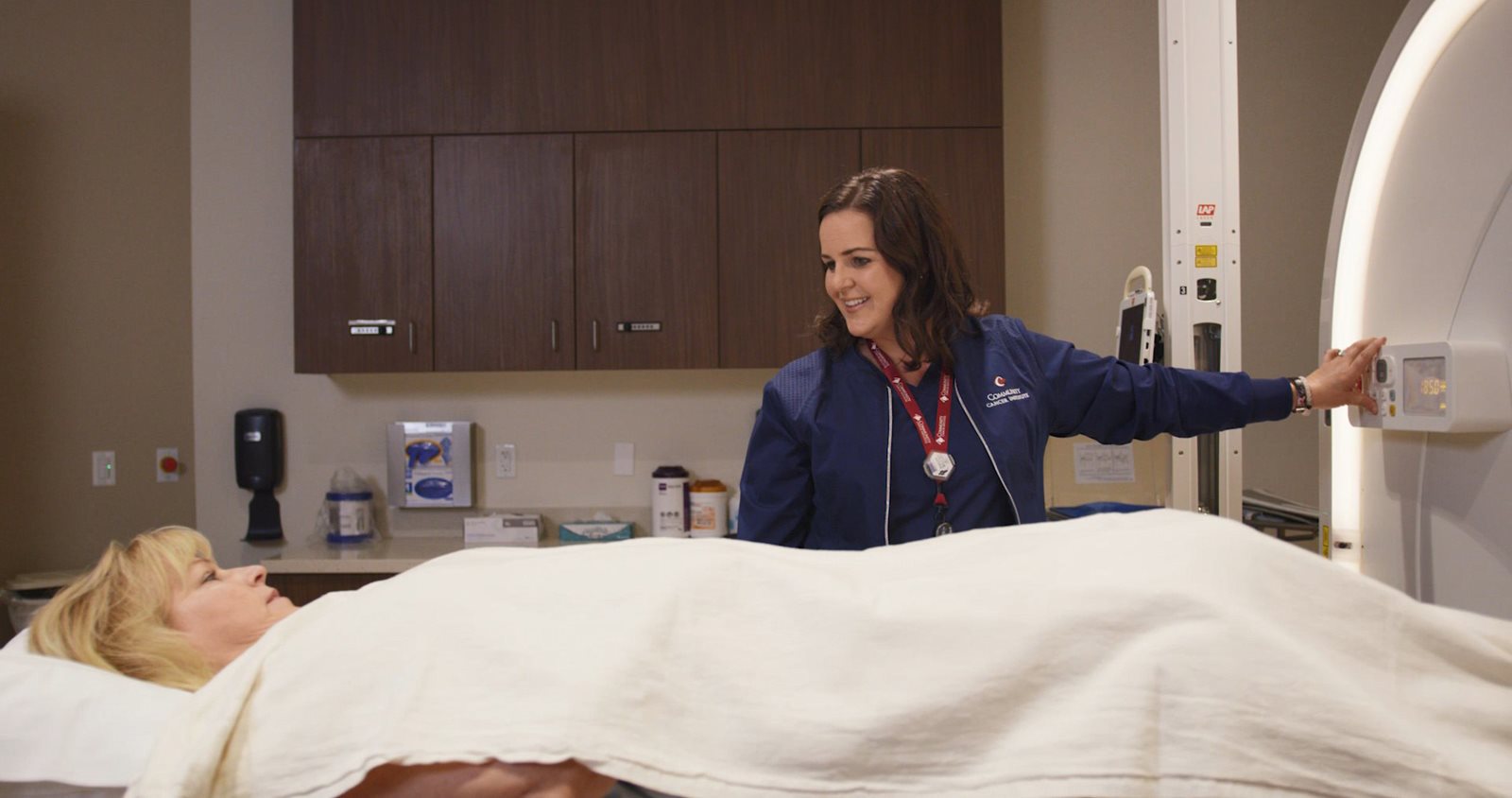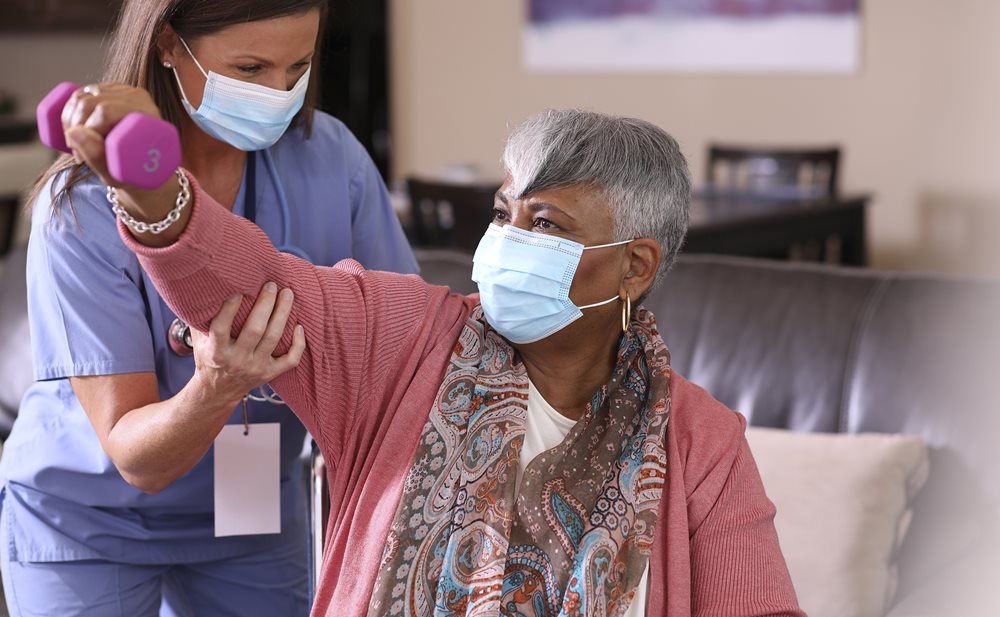
Conditions we treat
Neuromuscular diseases affect the function of muscles due to problems with the nerves and muscles in your body. The most common sign of these diseases is muscle weakness.
Amyotrophic Lateral Sclerosis (ALS)
Amyotrophic lateral sclerosis (ALS) is a progressive nervous system disease that affects nerve cells in the brain and spinal cord, causing loss of muscle control. It is often referred to as “Lou Gherig’s disease.”
Signs and symptoms for ALS vary from person to person and can include tripping and falling, weakness in your hands, legs, feet or ankles, slurred speech or trouble swallowing, or cognitive and behavioral changes.
Muscular Dystrophy
Muscular dystrophy is a group of diseases that cause progressive weakness and loss of muscle mass. Specific signs and symptoms begin at different ages and in different muscle groups, depending on the type of muscular dystrophy.
Before deciding on a course of treatment for you, we'll take into account your specific diagnosis and other factors to come up with an option that best fits your individual needs. We use a multi-disciplinary approach, which means bringing in experts from various fields and divisions to come up with a plan of treatment.
Generally, tests and treatment for neuromuscular diseases may include any of the following:
Amyotrophic Lateral Sclerosis (ALS)
Tests:
-
Blood test. This test draws blood and may be used to help distinguish certain conditions from each other.
-
Magnetic resonance imaging (MRI). An MRI is a safe and painless test that uses radio waves and magnets to create a detailed view of the inside of the body.
-
Electromyography (EMG). This test assesses the health of muscles and the nerves (motor neurons) that control them. When you move a muscle, motor neurons transmit electrical signals that cause the muscle to contract.
-
Muscle biopsy. Removing part of the muscle for examination.
Treatment:
-
Medication.
-
Physical or occupational therapy. Exercise can help maintain mobility and relieve discomfort.
-
Respiratory therapy.
-
Nutrition counseling and/or social workers.
-
Speech therapy. Led by certified speech language pathologists, services are available for patients who are having difficulty communicating verbally, concentrating and expressing thoughts, or swallowing.
Muscular Dystrophy
Tests:
-
Genetic testing. This may include taking blood samples.
-
Electromyography (EMG). This test assesses the health of muscles and the nerves (motor neurons) that control them. When you move a muscle, motor neurons transmit electrical signals that cause the muscle to contract.
-
Muscle biopsy. Removing part of the muscle for examination.
-
Heart and/or lung monitoring. To check heart and lung function.
Treatment:
-
Medication.
-
Exercise. Low-impact exercise can aid in maintaining strength and mobility.
-
Mobility and breathing aids. These might include canes, walkers, or sleep apnea devices.
-
Surgery. Surgery may be needed to correct spinal curvature or other issues that might make breathing more difficult.
We offer inpatient and outpatient rehabilitation services.
Helping you regain function and independence after an injury or illness is our focus.
We use cookies and other tools to optimize and enhance your experience on our website. View our Privacy Policy.
